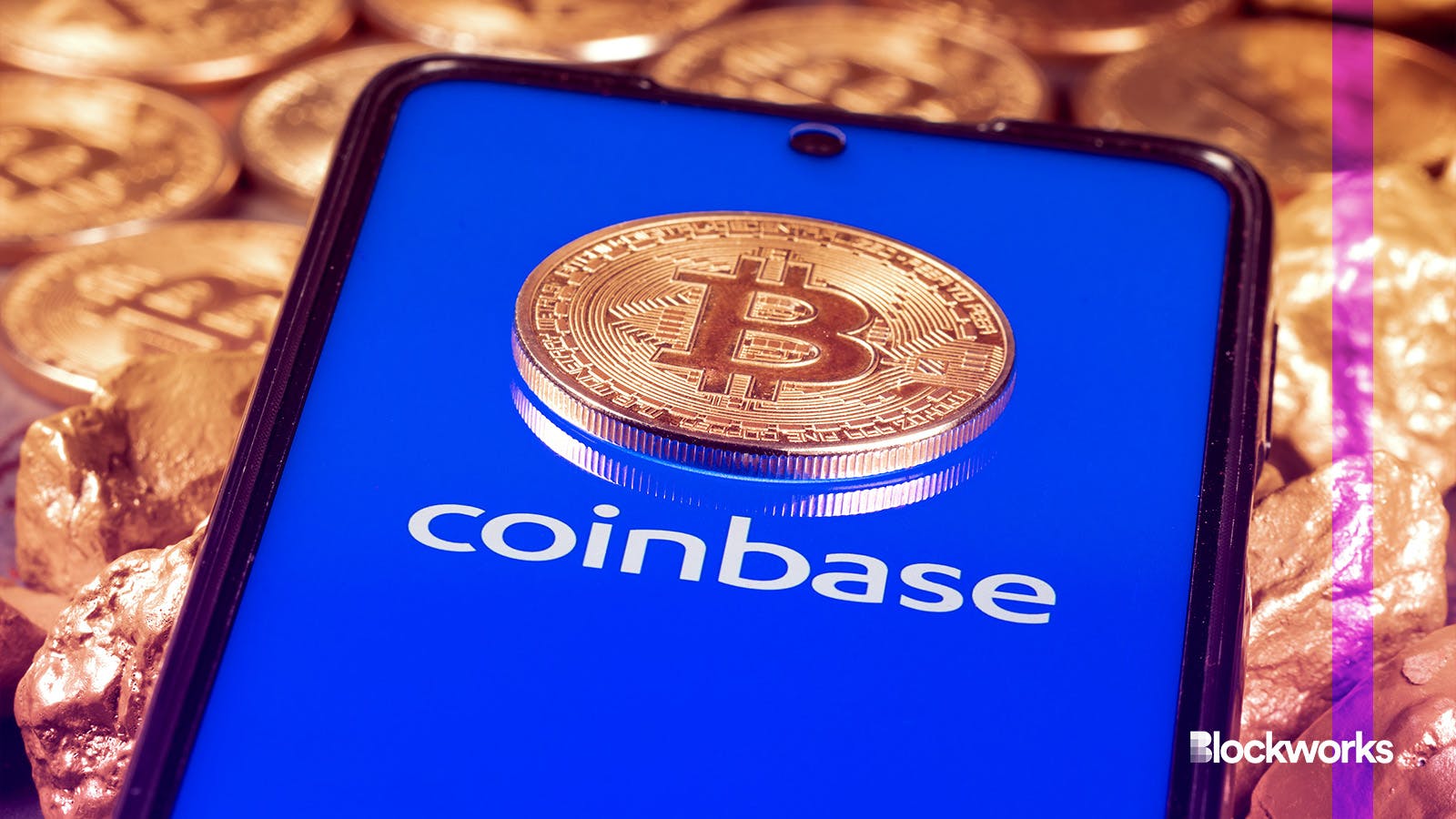Coinbase to submit final push Tuesday to dismiss SEC lawsuit
While Judge Failla could rule immediately and dismiss the case on Tuesday, a more likely outcome is that both parties will present oral arguments

24K-Production/Shutterstock modified by Blockworks
After a months-long back-and-forth, Coinbase is taking one final shot at dismissing a lawsuit from the US Securities and Exchange Commission.
The US crypto exchange will issue its final plea on Tuesday to a federal judge to dismiss the lawsuit, which was filed in June.
According to a person familiar with the matter, Coinbase’s reply brief will focus on the exchange’s case — that the SEC is violating the major questions doctrine, which prevents agencies from engaging in issues Congress has not yet ruled on.
Judge Katherine Polk Failla could rule immediately and dismiss the case on Tuesday. A more likely outcome: opt to bring both parties in to present oral arguments. From there the case could then be dismissed, or move on to a jury trial or summary judgment.
The SEC has alleged that the exchange facilitated trading of unregistered securities and therefore operated as an unregistered exchange, broker and clearing house. The securities regulator classified 13 tokens as securities in the complaint, including Solana’s (SOL) token and Cardano’s (ADA) coin.
The SEC also alleges Coinbase offered and sold an unregistered security via its staking program, which allows investors to stake five different tokens, all of which the SEC claims constitute as investment contracts.
Coinbase filed a court motion in August asking Failla to dismiss the case, arguing that the SEC “violated due process, abused its discretion and abandoned its own earlier interpretations of the securities laws.” More importantly, the exchange argued, the SEC has no authority over Coinbase since the digital assets in question are neither investment contracts nor securities, the exchange said.
The SEC, as expected, opposed this motion, arguing that under the Howey test, investors did have an expectation of profits, even without a formal contract.
“To distract from the fatal flaws in its legal arguments, Coinbase cries foul and seeks to blame the SEC for its current legal predicament,” the SEC wrote in its Oct. 3 opposition filing.
“It contends the SEC blessed Coinbase’s violative conduct when Coinbase went public, that SEC Chair Gary Gensler’s answer to a question at a Congressional hearing (which Coinbase distorts) controls this Court’s application of the federal securities laws, and that the SEC in any case lacks authority,” the SEC filing adds.
Coinbase has received an outpouring of support from industry leaders and lawmakers in recent months. Some of the parties that have filed amicus briefs with the court in support of the exchange include Andreessen Horowitz, Paradigm, The Chamber of Digital Commerce and Senator Cynthia Lumnmis, R-Wyo.
“The SEC’s attempt to shoehorn an entire new class of assets into the existing definition of a ‘security,’ and thereby add to the definition enumerated by Congress, exceeds the SEC’s authority, encroaches on Congress’s lawmaking, and contravenes the separation of powers,” Lummis’ letter to the court, filed on Aug. 11, read.
Get the news in your inbox. Explore Blockworks newsletters:
- The Breakdown: Decoding crypto and the markets. Daily.
- 0xResearch: Alpha in your inbox. Think like an analyst.






